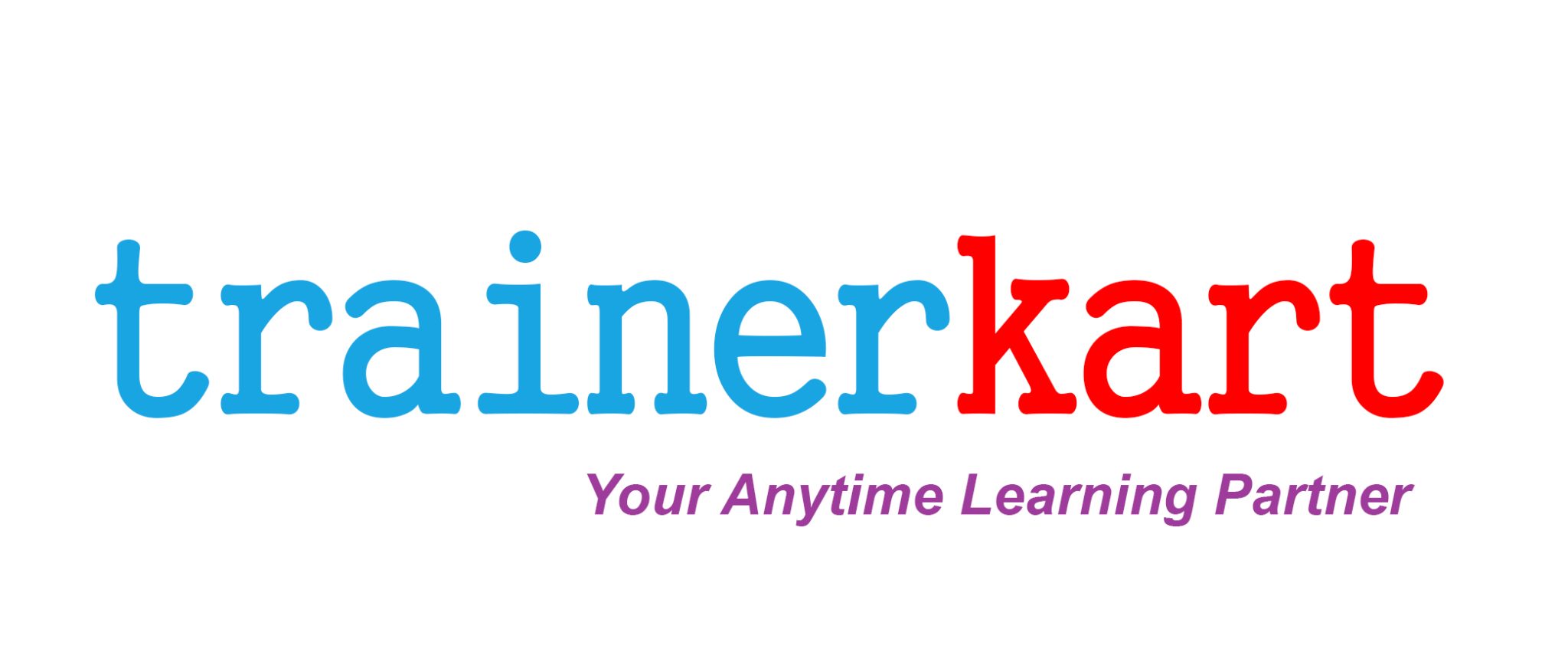What Is a Project? Why Defining It Clearly Is the First Step to Success
Introduction
Every successful project starts with a clear definition. Yet, in many organizations, the distinction between “work” and “project” is blurry—and that confusion often leads to missed deadlines, blown budgets, and misaligned expectations.
Whether you’re a certified PMP®, a CAPM® aspirant, or simply stepping into a project management role, understanding what a project truly is—and why a precise definition is foundational—can mean the difference between success and failure.
Let’s break it down: What is a project? And why does properly identifying it set the stage for everything that follows?
The PMI® Definition of a Project
According to the Project Management Institute (PMI), a project is:
“A temporary endeavor undertaken to create a unique product, service, or result.”
Let’s unpack that:
- Temporary means it has a clear beginning and end.
- Unique means it’s not routine or operational; it creates something new.
- A product, service, or result means its purpose must be tangible or measurable in value.
Why the Definition Matters
Without a proper project definition, you risk launching into work without:
- A clear objective
- Proper resource planning
- Aligned stakeholder expectations
- Criteria for measuring success
Imagine trying to run a race without knowing where the finish line is. That’s what managing a vaguely defined project feels like.
Key Elements of a Properly Defined Project
To ensure project success, your definition should include the following components:
1. Clear Objectives
What exactly are you trying to accomplish? Vague goals like “improve customer service” aren’t enough. A better objective would be: “Reduce customer response time from 48 hours to 12 hours within the next 3 months.”
2. Defined Scope
Scope outlines what’s included—and just as importantly, what’s excluded from the project. This prevents scope creep and ensures team focus.
3. Stakeholder Alignment
Identifying and involving stakeholders early helps clarify needs, avoid miscommunication, and establish a shared vision of success.
4. Time and Budget Constraints
Projects are finite. Even the most flexible initiatives need timelines and financial boundaries to be considered effective.
5. Resource Requirements
People, tools, and technologies must be planned from the outset. Unclear project definitions often lead to resourcing gaps mid-stream.
6. Success Criteria
Set SMART metrics—Specific, Measurable, Achievable, Relevant, and Time-bound—to determine what successful completion looks like.
Why Misidentification Leads to Project Failure
When tasks are wrongly identified as projects, several issues emerge:
- Lack of ownership: Routine work may be executed without accountability.
- Poor prioritization: Misclassified work can dilute focus from real project initiatives.
- Inadequate planning: Efforts are undertaken without applying PM tools and techniques.
Example: Migrating a website is a project. Updating one web page every week is not. Confusing the two may lead to over-planning simple tasks or under-planning critical ones.
Project vs. Operations: A Crucial Distinction
| Project | Operation |
|---|---|
| Temporary, with a defined endpoint | Ongoing, repetitive tasks |
| Unique outcomes | Standardized outputs |
| Initiates change or new value | Maintains business as usual |
| Managed with formal project processes | Managed with operational controls |
Understanding this difference allows project managers to apply the right tools, methodologies, and expectations.
Real-World Example
Project: Launching a mobile app for internal HR services
- Temporary: Ends after successful launch and adoption
- Unique: A new solution not done before in the company
- Value-Driven: Improves employee experience and efficiency
- Requires: Budget, planning, testing, training, and go-live
Without a clear definition, it might be mistaken as “IT support work,” leading to ad-hoc execution and a likely failure to meet user needs.
Best Practices for Proper Project Identification
-
Use a Project Charter
A one-page summary outlining purpose, objectives, key stakeholders, risks, and high-level timelines. -
Evaluate Against PMI Criteria
Ask: Is it temporary? Does it produce something unique? Is it constrained by resources? -
Engage Stakeholders Early
Gather input to refine the project’s purpose and ensure alignment with organizational goals. -
Apply Portfolio Filters
Ensure the project aligns with strategic priorities, not just departmental interests. -
Leverage Project Intake Processes
Formalize how new initiatives are proposed, evaluated, and approved.
Why It Matters for PMI Certification Holders
For PMP®, CAPM®, and PMI-ACP® candidates and holders:
- This concept is tested in every exam domain—from Initiating to Monitoring & Controlling.
- Proper project definition is the first step in project lifecycle management (as per PMBOK® Guide).
- It directly impacts integration management, stakeholder analysis, and scope planning.
Poor project definition often results in failed integration, which is a root cause of project failure across industries.
Conclusion
The success of a project begins before a single task is executed. It begins with a clear, shared understanding of what the project is. Defining and identifying projects properly helps ensure aligned goals, efficient planning, appropriate stakeholder engagement, and ultimately, successful delivery.
As project managers, the simplest—and most powerful—question we can ask is: “Are we sure this is a project?”
If the answer is yes, define it well. The rest of the journey depends on it.
Suggested Reading
- PMBOK® Guide – 7th Edition – Explore the project performance domains and value delivery.
- “The Fast Forward MBA in Project Management” by Eric Verzuh – Clear insights into foundational project concepts.
- “Project Management for the Unofficial Project Manager” by Kory Kogon, Suzette Blakemore, James Wood – Great for those managing informal projects.
- PMI’s Pulse of the Profession Reports – Annual research showing why definition and alignment improve project outcomes.
